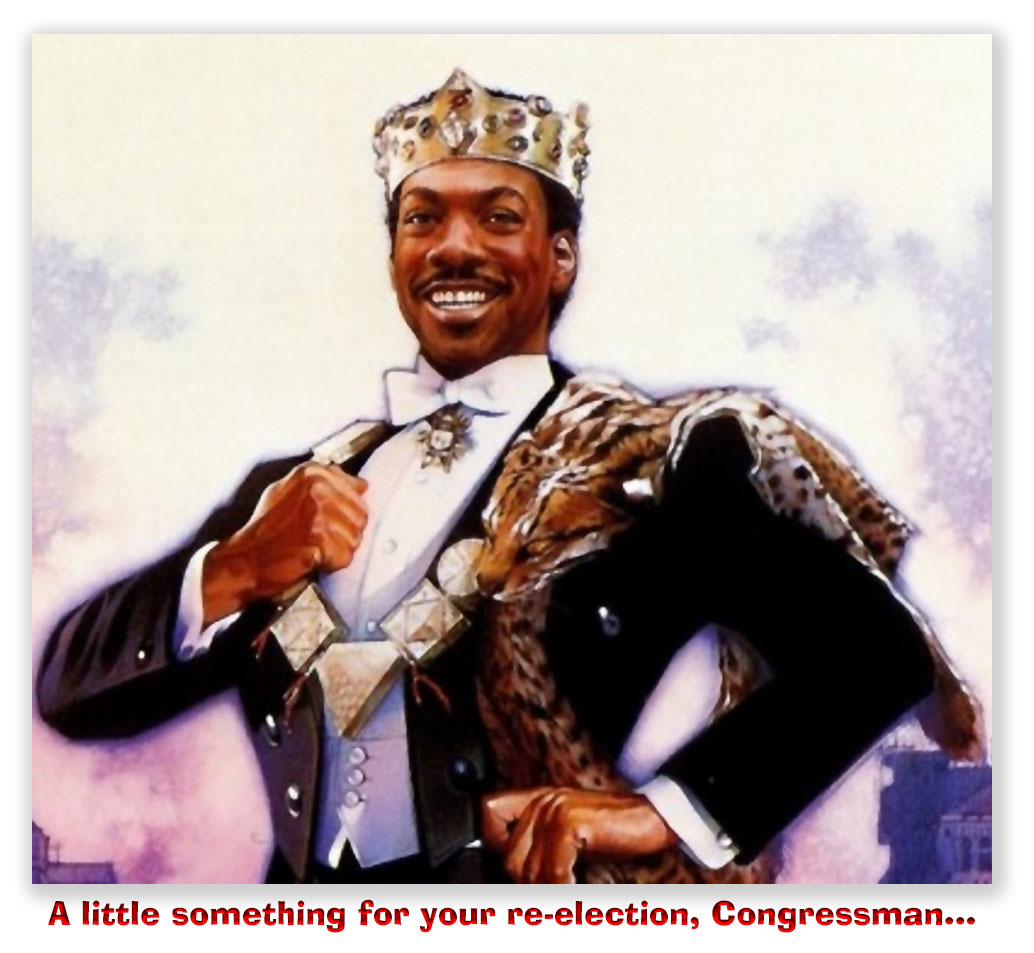We post news and comment on federal criminal justice issues, focused primarily on trial and post-conviction matters, legislative initiatives, and sentencing issues.

CRIMINAL CASE VENUE MEANS SOMETHING
Former Congressman Jeff Fortenberry (R-NE) was investigated for a $30,000 illegal campaign contribution funneled to him at a 2016 Los Angeles fundraiser. Two years later, the FBI – which had been running the investigation from its Los Angeles office – had a cooperating witness call Jeff with an FBI agent secretly listening in to tell him that a Nigerian businessman was probably the source of a $30,000 donation that Jeff had gotten at the fundraiser.
 After that, two Los Angeles-based FBI agents went to Lincoln, Nebraska, to interview Jeff. He denied anyone had ever told him about any illegal foreign contributions to his campaign. Jeff was later interviewed again in his Washington, DC, office, and again denied having been told that any campaign contributions were illegal.
After that, two Los Angeles-based FBI agents went to Lincoln, Nebraska, to interview Jeff. He denied anyone had ever told him about any illegal foreign contributions to his campaign. Jeff was later interviewed again in his Washington, DC, office, and again denied having been told that any campaign contributions were illegal.
In October 2019, Jeff was charged with three counts related to making false statements to federal investigators. He was convicted by a jury in 2021 and promptly resigned from Congress. In June 2022, he was sentenced to two years’ probation, community service, and a $25,000 fine.
Santa came late for Jeff, but the jolly old elf arrived in a big way. The day after Christmas, the 9th Circuit reversed Jeff’s convictions for lack of venue.
“Questions of venue in criminal cases… are not merely matters of formal legal procedure,” the Circuit said. “They present policy concerns deeply rooted in the Constitution. Article III, sec 2, cl. 3, requires that the ‘trial of all Crimes… shall be held in the State where the… Crimes shall have been committed… This command is reinforced by the Vicinage Clause of the 6th Amendment, which “guarantees ‘the right to… an impartial jury of the State and district wherein the crime shall have been committed.”
The government admitted that Jeff had lied to them in Nebraska and Washington, DC, but claimed that his lies affected an investigation in California, so venue in California’s Central District was proper. The 9th disagreed.
To determine the locus delicti – the location of the crime – the Circuit said, “We look to the essential conduct elements of the offense.” Under 18 USC § 1001, which criminalizes “knowingly and willfully… making any materially false, fictitious, or fraudulent statement or representation,” the essential conduct of the offense is the making of a false statement. Section 1001(a)(2) “does not contain a venue clause, nor is there any language suggesting any ‘essential conduct element’ other than making a false statement,” the 9th said. “It is the act of uttering a false statement that is the criminal behavior essential to liability” under § 1001.
 The Circuit agreed that while the government had to prove materiality, that fact was irrelevant to determining venue. The venue inquiry instead “turns on the action by the defendant that is essential to the offense, and where that specific action took place,” the appellate court held. “Materiality is not conduct because it does not require anything to actually happen. We have previously held that materiality requires only that a statement must have the capacity to influence a federal agency…In other words, the “test is the intrinsic capabilities of the false statement itself, rather than the possibility of the actual attainment of its end as measured by collateral circumstances.”
The Circuit agreed that while the government had to prove materiality, that fact was irrelevant to determining venue. The venue inquiry instead “turns on the action by the defendant that is essential to the offense, and where that specific action took place,” the appellate court held. “Materiality is not conduct because it does not require anything to actually happen. We have previously held that materiality requires only that a statement must have the capacity to influence a federal agency…In other words, the “test is the intrinsic capabilities of the false statement itself, rather than the possibility of the actual attainment of its end as measured by collateral circumstances.”
Jeff is not out of the woods, but the government will have to decide whether it wants to retry him in Nebraska or Washington, DC, where it will have to enlist the interest of the U.S. Attorney in either of those venues to expend resources on a case that will end in probation for a guy who is already a few years out of politics and the headlines.
United States v. Fortenberry, Case No. 22-50144, 2023 U.S.App. LEXIS 34167 (9th Cir. December 26, 2023)
– Thomas L. Root

